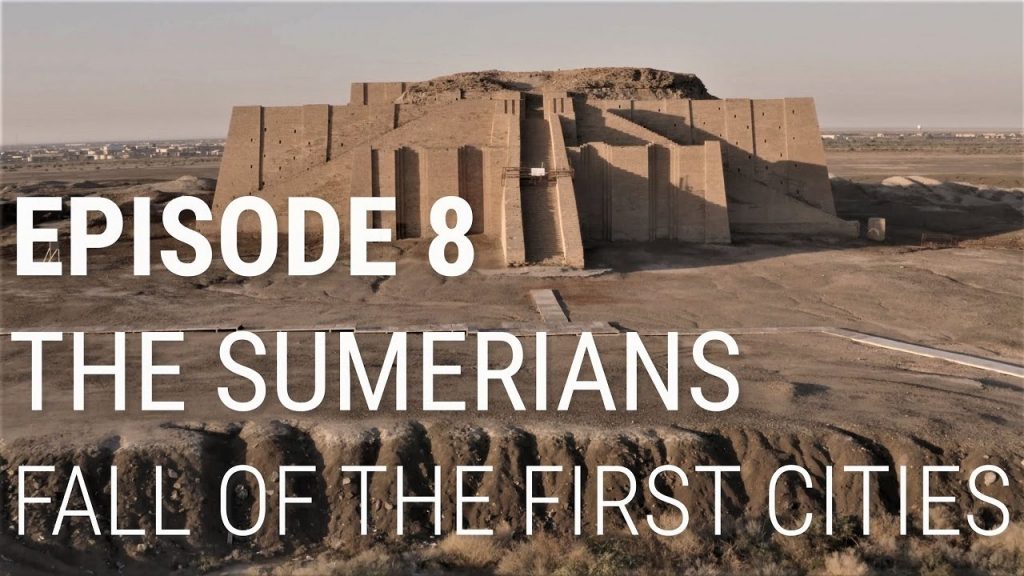Since the lockdown, there’s been a resurgence of 2012 doomsday predictions on the Internet, claiming that if the Julian calendar were still in use (it was replaced by our Gregorian calendar in 1587), we would find ourselves today in the year 2012. The suggestion is that the Maya doomsday prediction is occurring as we speak.
While it’s true that that the Julian calendar would place us today in 2012, the Maya didn’t care about the number 2012. The date referred to the end of one 144,000-day cycle called a “B’ak’tun” and the beginning of the next one. The Maya Long Count calendar, which set the start date at August 11, 3114 BC was painstakingly correlated to the Gregorian calendar by archaeologists and epigraphers over the greater part of the 20th century.
Thus, December 21, 2012 corresponds to the end of the current World Age and the beginning of the next World Age, as described in the ancient Maya creation myth, the Popol Vuh (“Council Book” or “Book of the Community”), which was translated directly from K’iche’ Maya to English for the first time in 1986 by Dennis Tedlock.
The Popol Vuh is shockingly reminiscent of myths found all over the world, of gods who angrily destroy their creation, such as an account in Plato’s Critias, of the Athenian statesman, Solon who visits Egyptian priests and recites to them the Greek legend about the deluge caused by Zeus as a punishment for the practice of human sacrifice and cannibalism among the Pelasgians (pre-Hellenic, antediluvian inhabitants of Greece).
According to this legend, there’d been two survivors of the flood, Deucalion and his wife, Pyrrha, who had followed the instructions of Deucalion’s father to build an ark. Deucalion’s story is strikingly similar that of the Biblical Noah and of the Sumerian Utnapishtim in the Epic of Gilgamesh.
In Plato’s Critias, the Egyptian priest, Sonchis responds drily to Solon’s recitation, telling him that Greek knowledge of history was pathetically limited; that there have been more than just one Deluge, and that, “There have been, and will be again, many destructions of mankind,” an idea that is explicit in both the Popol Vuh and in Hindu cosmology.
I bring all of this up because at this time, our self-styled Globalist gods are clamoring for their Great Reset, which is just another way to say the Green New Deal, Agenda 2030 or the New World Order. They insist that “Normalcy only returns when we’ve largely vaccinated the entire global population,” and that we have to get to “zero carbon emissions” – two concepts rife with genocidal implications. The gods must be crazy.
Which brings us to this video about this beautifully-photographed and intelligently-presented documentary about the fall of one of (if not the) world’s oldest historical civilizations, Sumer, located in what is modern-day Iraq, where the Epic of Gilgamesh was written over 4,000 years ago.
Independently-produced by Paul M. M. Cooper and the Fall of Civilizations Podcast, it has a soothing meditative tone, as it endeavors to explain our ancient predicament.

